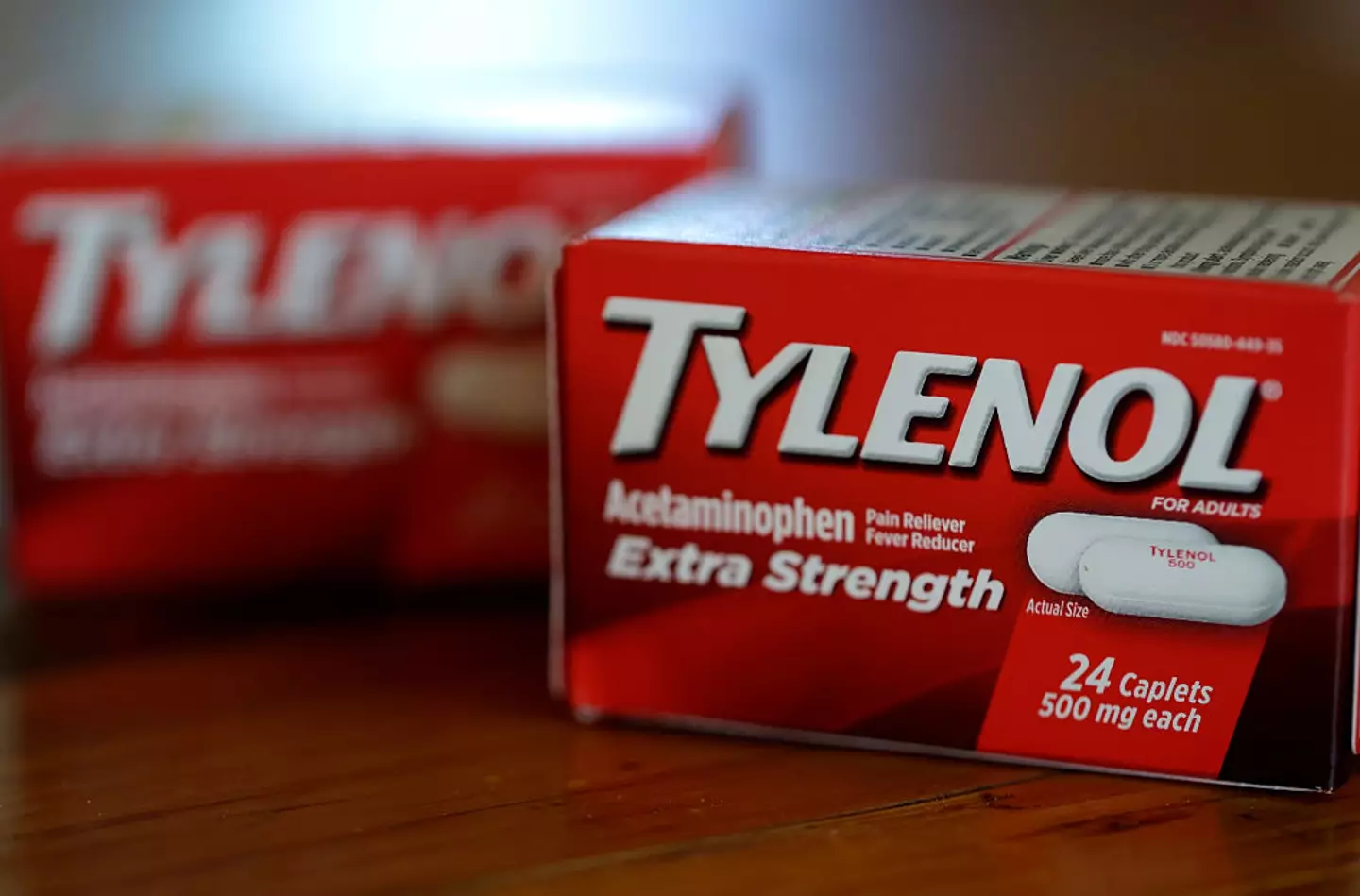Authorities in the medical community have come forward to address recent statements made by Donald Trump regarding autism and Tylenol.
On September 22, Trump made claims suggesting that the FDA is recommending that pregnant women ‘limit Tylenol use.’ He implied that this drug might be linked to the ‘meteoric rise’ in autism cases—a connection that the makers of Tylenol have denied.
Trump mentioned a significant increase in autism diagnoses, asserting that they have gone from affecting one in 10,000 children to now impacting one in 31.
“There are certain groups of people that don’t take vaccines and don’t take any pills, that have no autism,” the former president stated.
While the FDA is reportedly advising limited use of Tylenol during pregnancy, Trump suggested that pregnant women should avoid it entirely.
“Ideally, you don’t take it at all, but if you have to, if you can’t tough it out, if there’s a problem, you’re going to end up doing it,” he remarked.
Trump’s assertions have prompted a strong response from medical experts worldwide, labeling his statements as ‘harmful’.
Steven J. Fleischman, president of the American College of Obstetricians and Gynecologists (ACOG), voiced his concerns.
“Suggestions that acetaminophen [paracetamol] use in pregnancy causes autism are not only highly concerning to clinicians but also irresponsible when considering the harmful and confusing message they send to pregnant patients, including those who may need to rely on this beneficial medicine during pregnancy,” Fleischman stated.
He added that the announcement lacks support from comprehensive scientific research and oversimplifies the numerous and complex factors contributing to neurological challenges in children.
“It is highly unsettling that our federal health agencies are willing to make an announcement that will affect the health and well-being of millions of people without the backing of reliable data,” Fleischman continued.

Fleischman emphasized that after more than two decades of research, no credible study has demonstrated a link between acetaminophen use during pregnancy and neurodevelopmental disorders in children.
Experts in other regions are also addressing the issue.
Dr. Monique Botha, associate professor in social and developmental psychology at Durham University, referenced a Swedish study involving 2.4 million births published in 2024. This study utilized sibling data and found no association between prenatal exposure to paracetamol and subsequent diagnoses of autism, ADHD, or intellectual disability.
“This suggests no causal effect of paracetamol in autism,” Dr. Botha stated.
She further remarked: “There is no robust evidence or convincing studies to suggest there is any causal relationship, and any conclusions being drawn to the contrary are often motivated, under-evidenced, and unsupported by the most robust methods to answering this question.”
“I am exceptionally confident in saying that no relationship exists,” Dr. Botha concluded.

